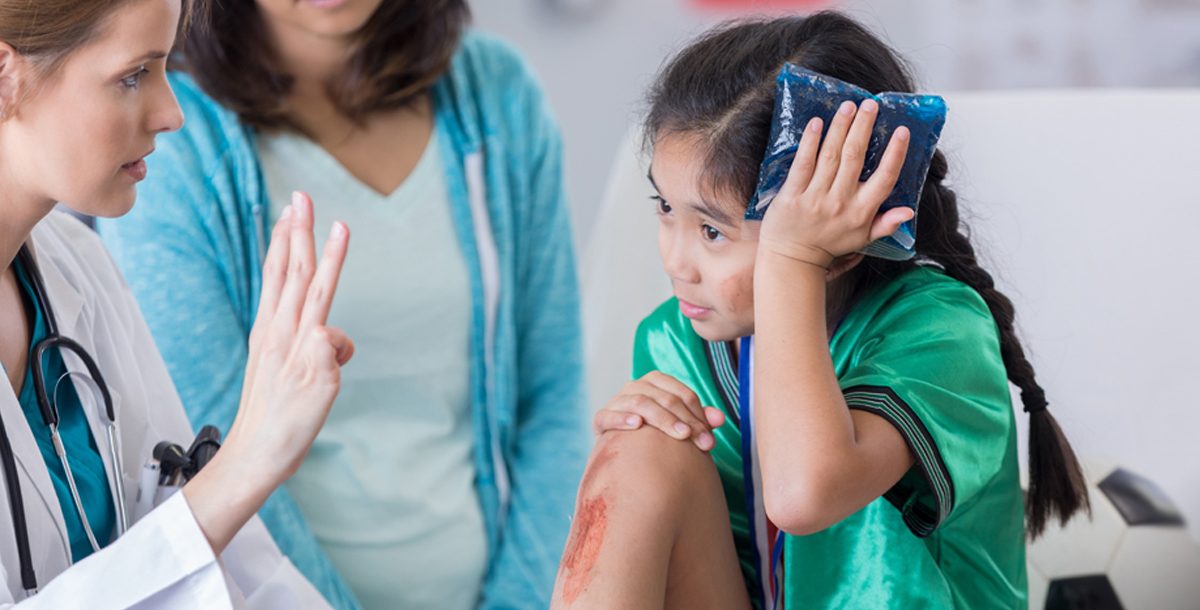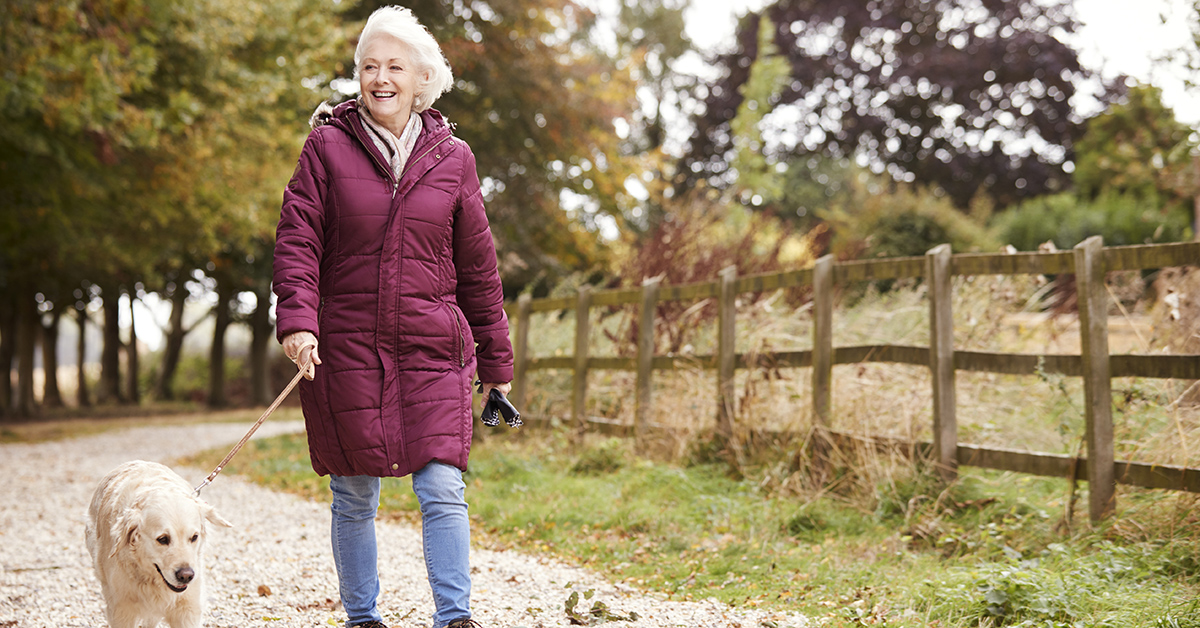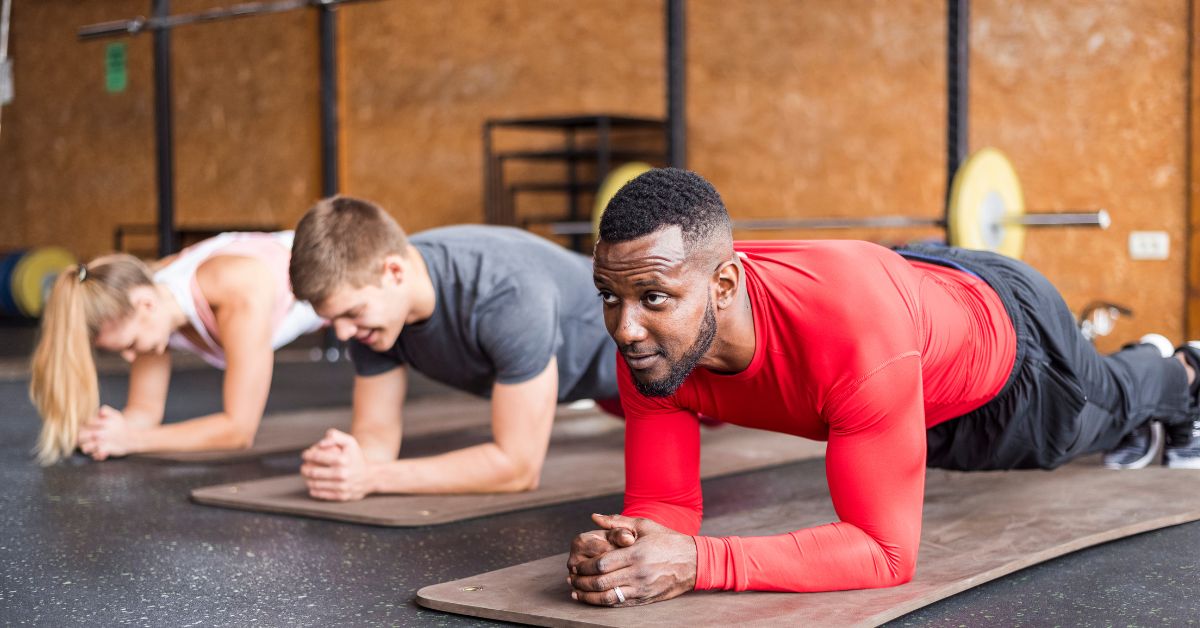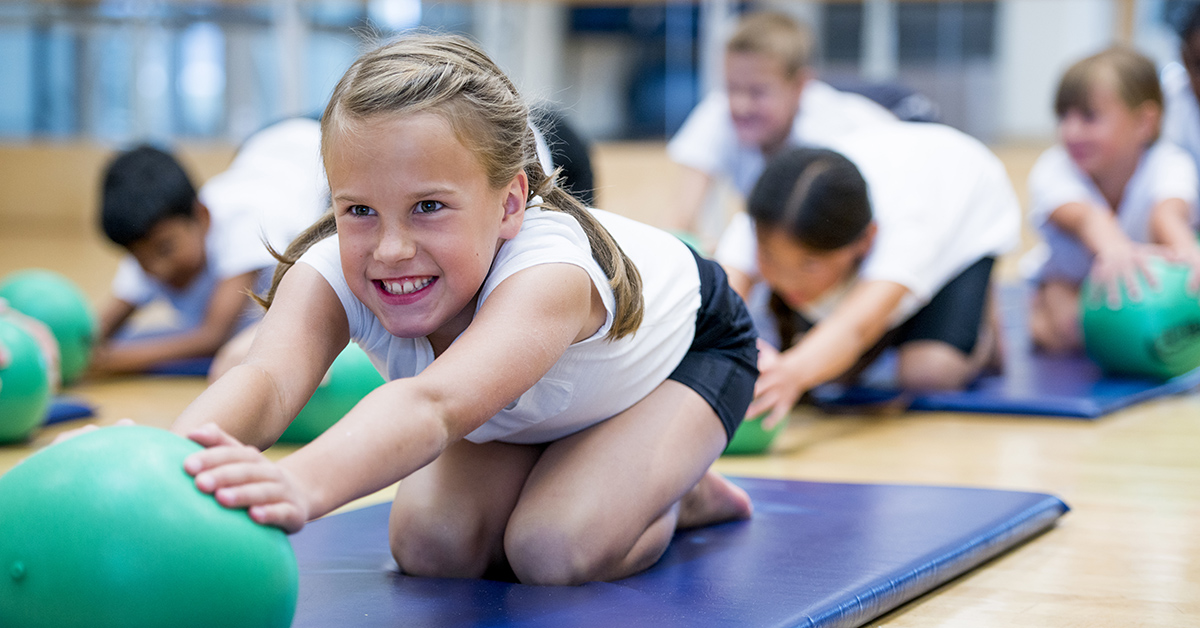A concussion is a type of traumatic brain injury caused by a bump, jolt or blow to the head. Because of the seriousness of this kind of injury, it’s important to recognize concussion symptoms in kids.
Among adolescents who play sports, concussion is one of the most common injuries. For male athletes, the sports most often linked to concussions are American football, ice hockey and lacrosse. For female athletes, the sports most often linked to concussions are soccer, lacrosse and field hockey.
However, it’s imperative that coaches, spectators and parents are informed about concussions to keep athletes and children healthy.
What is a concussion?
A concussion is a mild traumatic brain injury that affects how the brain functions. While the brain is cushioned by cerebrospinal fluid, a significant impact to the head or body can cause the brain to hit the inside of the skull, leading to a concussion. Though often referred to as “mild” on the scale of traumatic injuries, concussions can have serious consequences if not properly managed, especially in young, developing brains.
Common causes of concussions in kids
Children and adolescents are particularly susceptible to concussions during activities such as:
- Sports
- Playground accidents
- Bicycle or scooter falls
- Car accidents
- Physical altercations or rough play
Recognizing concussion symptoms in kids
It is important to know how to identify a concussion. There are three types of concussion symptoms that kids might exhibit: physical, cognitive and emotional. Signs and symptoms of a concussion can vary depending on the severity and may not develop immediately after the injury – sometimes hours, or even days, later.
Symptoms occurring minutes or hours after a concussion:
- Memory loss
- Confusion
- Headache
- Dizziness or trouble with balance
- Nausea or vomiting
- Feeling sleepy
- Acting cranky, strangely, or out of sorts
- Passing out
Symptoms occurring hours to days after a concussion:
- Trouble walking or talking
- Memory problems or problems paying attention
- Trouble sleeping
- Mood or behavior changes
- Vision changes
- Sensitivity to light and sound
Concussion symptoms in young children
Younger children are also susceptible to concussions. However, it might be more difficult to identify the symptoms because they can’t describe how they feel as well as an older child or teenager. Some concussion symptoms in kids who younger include:
- Unexplained irritability
- Changes in eating or sleeping habits
- Crying more often
- Loss of interest in favorite toys or activities
- Unsteady walking or loss of balance
When to seek urgent medical attention
While it’s important to see a medical professional if you notice any concussion symptoms in kids, some are more serious than others and may need immediate attention.
- Repeatedly vomiting
- A severe or worsening headache
- Seizure
- Slurred speech
- Feeling weak or numb in any part of the body
- Loss of bladder or bowel control
- Loss of consciousness, even briefly, or if you can’t wake your child
When it comes to athletes, if it appears they has a concussion, the athlete should be immediately pulled from the game and examined carefully. Also, a potential concussion should also be evaluated by a health care provider right away. This evaluation will include a discussion of symptoms and further testing if needed.
Treating a concussion
It typically takes two to four weeks for kids and young athletes to fully recover from a concussion. However, each concussion is unique in terms of treatment and healing.
First, have your child physically rest for 24 to 48 hours right after their injury before they return to school. Cognitive rest, or mental rest, is just as important, too. This means taking a break from reading, playing video games and screen time, such as using a smartphone, tablet or computer. If your child is struggling with any post-concussion symptoms, such as headaches, nausea or trouble sleeping, consult with their pediatrician for help.
After this time of rest, kids can slowly ease back into their regular activities and routines, as long as their concussion symptoms do not get worse. And most importantly, children should not return to participating in contact sports until they are cleared to do so by a medical professional. This is because having a second concussion while recovering from an initial one can cause serious damage to the brain.
How we can help
Concussions in kids are not uncommon. If you notice any concussion symptoms in kids, even if you didn’t witness the injury, it’s best to have them evaluated by a provider. A more mild concussion can be diagnosed with your provider or in an urgent care, but serious symptoms that indicate a more severe concussion should be handled in the emergency department as soon as possible.
If your child is diagnosed with a concussion, remember that it’s important not to rush concussion recovery. Doing so raises their risk of worsening their condition or suffering from another concussion, which can lead to long-term effects. Your child’s brain needs time to heal completely after this injury before returning to their regular routine.
Learn more about the sports medicine services we provide at Bon Secours.





